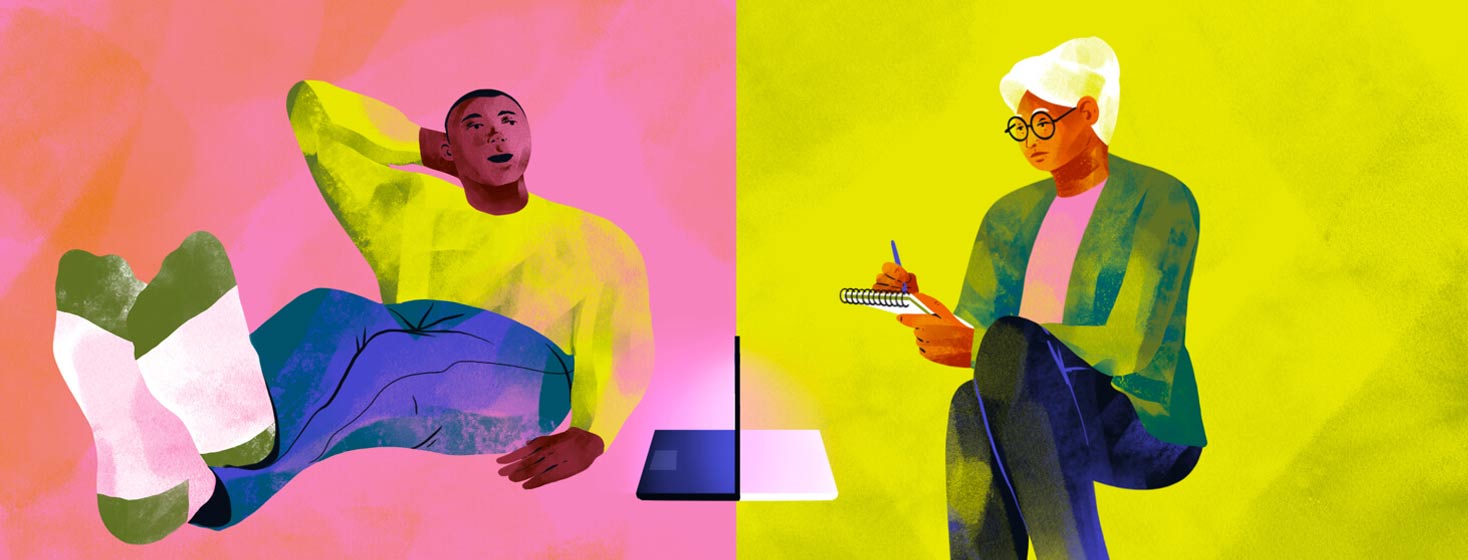Mental Health Impact of a Terminal Prostate Cancer Diagnosis
When I was given my stage 4 diagnosis in May 2017, aged 60, our world fell apart.
Throughout the early months of 2017, I’d been training hard to take on one of the world’s toughest ultra-marathons. I was literally ultra-fit, apart from a niggling groin strain that wouldn’t go away. So I made an appointment to see a sports injuries doctor. It would surely only be a case of sticking a cortisone jab into the groin and I’d be heading to South Africa as planned at the end of May, wouldn’t I?
Hearing I have prostate cancer
Well, regrettably not. The pre-arranged MRI scan showed something untoward, and I was sent immediately for blood tests and a chest x-ray and, the following day, a CT scan. Even I knew that you don’t need those for a groin strain!
Then, the dreaded telephone call at 8 p.m. Tuesday 9th May 2017 (not that it’s etched on my brain!) to tell me, “Tony, I’m really sorry, but I think you’ve got prostate cancer, and I need you to go for more tests ASAP.”
Then the whirlwind of appointments with/for a urologist, urological surgeon, biopsies, bone scans and finally an oncologist on the day we should have flown to South Africa.
Unimaginable
The outcome was simply unimaginable, and I went from training for an ultra-marathon to terminally ill in 36 hours with a worst-case prognosis of 2 years. How on earth can that happen?
The impact mentally was worse than anything I’ve ever experienced in my life. Inevitably your mind takes you to dark, dark places, and it’s incredibly difficult to pull yourself back to the now. All I could think about was, “Would I get to see my 3-year-old grandson, who I dote on, become a teenager?” “Would I get to walk my daughter down the aisle?”
Waking up, the first thing you think about is cancer, and the last thing you think about before going to bed is cancer. It’s rarely out of your head.
Crying myself to sleep
Then we have the impact of hormone treatment that I’ve been on now for 4.5 years. Removing testosterone plays havoc with your emotional state and I've found amplifies the dark thoughts. There were many nights in the first 18 months where I cried myself to sleep and, even now, there are still days where I have to force myself back to the now and remind myself of the importance of living every moment of every day to the absolute best I can.
Living life to the fullest has certainly become massively important to me. No one, on their death bed, is ever going to say, "I’m really glad I lived the last two years feeling sad!"
A meltdown
Was there a turning point? Yes, absolutely. Even the passage of time makes things easier, but a real catalyst for me adopting a more positive mental state came about from having a complete mental meltdown!
I’d been having some business problems, and my sister was admitted to a hospice for end of life care at just 53. My wife and I were away in Majorca, where I was taking part in a 10k race and I had the run from hell “All caused by the cancer.”
Then I told my wife that I was worried about how she would cope when I was gone, and she told me that she was going to buy a camper van and travel around the UK with our dog doing all the things that we hadn’t done together. She was trying to re-assure me, but it affected me really badly on top of everything else, and I spiraled into the absolute depths of despair.
Needing help
When we returned to the UK I knew I needed help, as I felt suicidal. Thankfully there is a men’s cancer support center near where I live, and I called in and spent 2.5 hours crying my heart out to a case worker. That helped me so much, and I felt a weight lifted off my shoulders. It’s okay to cry; we’re only human after all.
Further sessions followed with a psychologist, and normality resumed a few weeks later. I learned coping mechanisms that I still use to this day.
Most importantly I learned that it’s not a sign of weakness to seek help. It’s actually a sign of strength. There is help out there for us and for our families. Seek it out when you need it. It doesn’t make you any less a man!
Editor's Note: If you or someone you know is in danger, please call 9-1-1 or the National Suicide Prevention Lifeline at 988 (U.S.).

Join the conversation